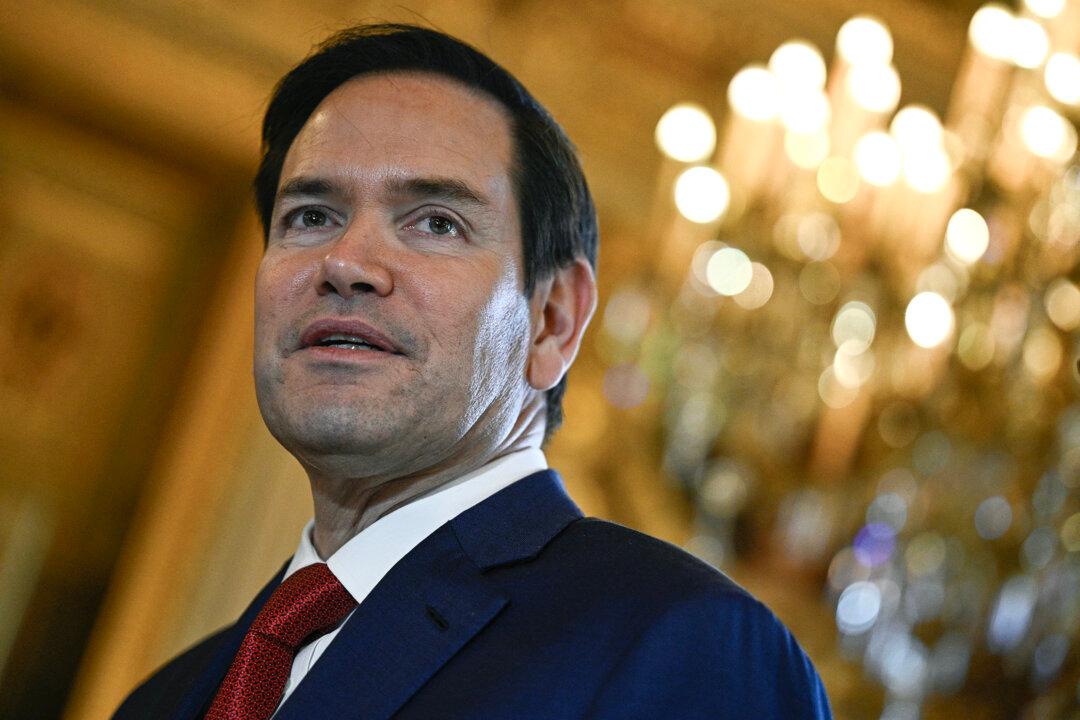Secretary of State Marco Rubio said on April 23 that President Donald Trump remains committed to preventing Iran from acquiring a nuclear weapon, but would prefer to do so through diplomacy rather than military action.
Speaking in an interview with The Free Press, Rubio said the United States is willing to support Iran’s right to a civilian nuclear energy program, so long as it gives up domestic uranium enrichment—a process that can be used to produce weapons-grade material.





